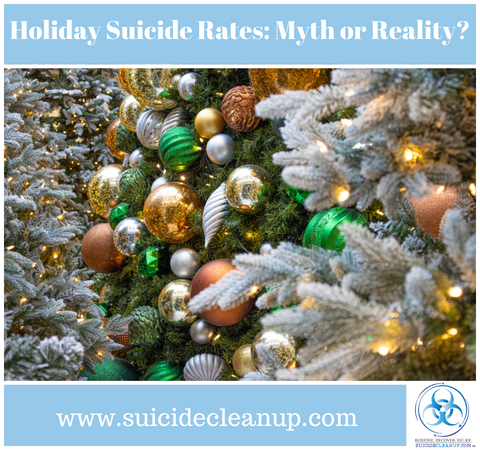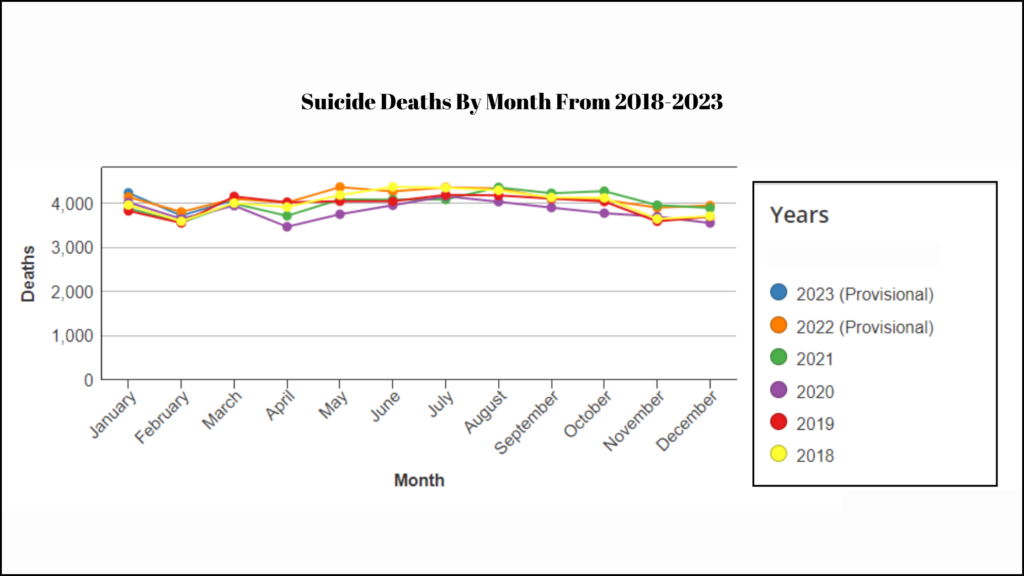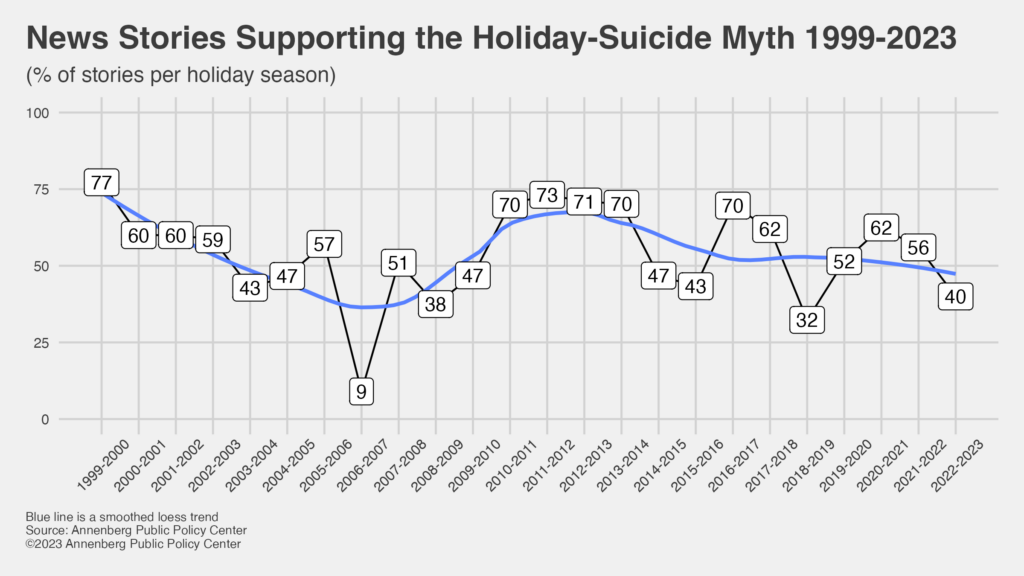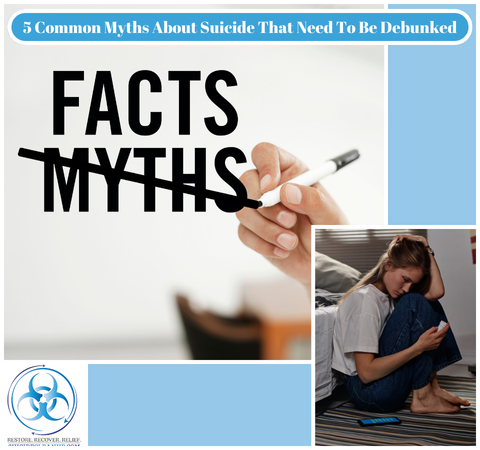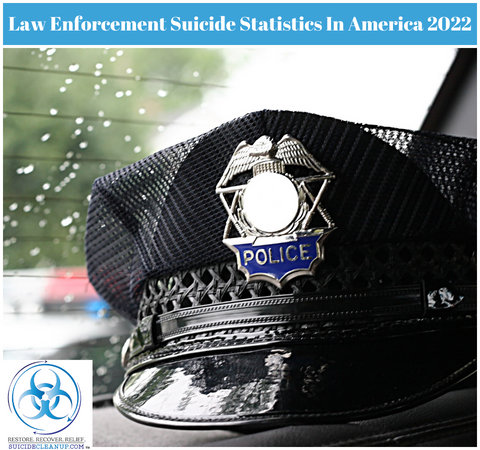
Law Enforcement Suicide Statistics In America 2022
November 14, 2023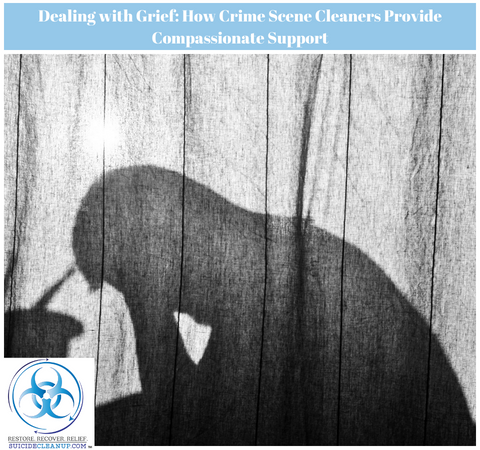
Dealing with Grief: How Crime Scene Cleaners Provide Compassionate Support
January 12, 2024The relationship between suicide rates and the holiday season is a complex and debated topic. Contrary to popular belief, there is no clear evidence that suicide rates universally increase during the holiday season. While some studies suggest a slight increase, others find no significant change or even a decrease. Several factors contribute to the complexity of this issue. Some people may experience increased stress and loneliness during the holidays due to various reasons, such as family conflicts, financial pressures, or feelings of isolation. On the other hand, the holidays can also be a time for social connections, support, and positive experiences, which may act as protective factors. So what is the truth about Holiday Suicide Rates?
It’s essential to approach this topic with sensitivity, as mental health is influenced by a multitude of factors, and suicide is a complex issue with no single cause. If you or someone you know is struggling with mental health issues or suicidal thoughts, it’s crucial to seek help from mental health professionals, friends, or family members.
The Truth About Suicide Rates During The Holiday Season
Like we mentioned earlier there is no clear evidence that suicide rates increase during the holiday season. In fact, there is evidence that supports the exact opposite theory. Take a look at the graph below which shows the number of suicide deaths per month for the years 2018-2023.
As you can see the number of suicide deaths during the months of November and December actually goes down when compared to the preceding months. Even if there was an increase in suicides during these months it’s essential to note that the overall suicide rate is influenced by numerous complex factors, and attributing it solely to the holiday season oversimplifies the issue. Mental health is a year-round concern, and it’s crucial to approach suicide prevention with understanding, empathy, and support throughout the entire year.
Why People Still Believe in This Myth
Like many things in life we can blame the media. A recent article published by Annenberg Public Policy Center covers the role media plays in perpetuating this myth. According to this article, 60% of news stories during the 2022-2023 Holiday season correctly debunked this myth while 40% still continued to incorrectly support it. Take a look at the graph below:
In addition to the media peddling this narrative, the holiday season can be a challenging time for individuals dealing with mental health issues, loneliness, or grief. This can lead to many people buying into the narrative. Another reason could be seasonal affective disorder (SAD), which is a type of depression related to changes in seasons. While seasonal affective disorder is very real we don’t see this being enough of a factor to increase suicide rates since they stay pretty consistent from June through September.
The Dangers Of Believing in the Holiday Suicide Rates Myth
Believing the myth that suicide rates increase during the holiday season can have several negative effects, both at an individual and societal level. Some of these effects include:
- Stigmatization of Mental Health Issues: Associating the holiday season with an increased risk of suicide may contribute to the stigmatization of mental health issues. People may be hesitant to seek help or openly discuss their struggles due to the fear of being judged or misunderstood.
- Misallocation of Resources: If public perception is skewed toward the belief that suicides spike during the holidays, resources and efforts may be misdirected. This could result in less attention being given to mental health issues during other times of the year when they are equally important.
- Unnecessary Fear and Anxiety: Perpetuating the myth may lead to unnecessary fear and anxiety among individuals and communities during the holiday season. This fear could be particularly impactful for those already dealing with mental health challenges, potentially exacerbating their stress.
- Impact on Holiday Celebrations: Believing in the myth might negatively affect people’s ability to enjoy and celebrate the holidays. Fear and anxiety related to the misconception could overshadow the joyous aspects of the season.
- Missed Opportunities for Support: If the focus is solely on suicide prevention during the holidays, there’s a risk of missing opportunities to provide support and resources to those struggling with mental health issues throughout the entire year.
- Disregard for Underlying Causes: By attributing suicide solely to the holiday season, there is a risk of overlooking the complex and multifaceted factors that contribute to suicidal thoughts and behaviors. This oversimplification can hinder a comprehensive understanding of mental health issues.
Conclusion
It’s about time we stop buying into this myth of suicide rates increasing during the Holiday season. The evidence shows us that the Holiday season actually has a lower suicide rate than other times of the year. Propagating this narrative is not only false but it can also have a negative impact. Don’t allow this myth to bring you down and ruin your Holiday season, instead embrace the joy of the Holidays and use as a way to have a positive impact on your mental health.
If you are going through a dark time try reaching out to a local mental health therapist, we’ve listed a few top rated therapists, broken down by state. Please call for availability.

